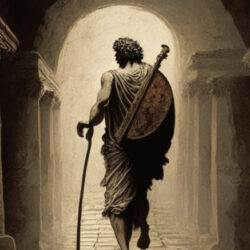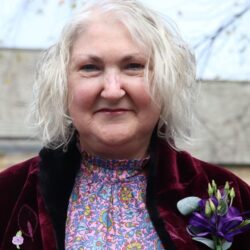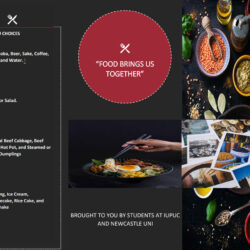Exploring Imagined Spaces with AI Tools
Dr Stephanie Holton, Senior Lecturer in Classics and Ancient History, explains how students used AI generative tools to create visual representations of self-chosen textual sources, and how the software enabled students who struggle with confidence in their drawing skills to produce striking visual images, by allowing them to focus on the content of the text rather than on artistic ability.







